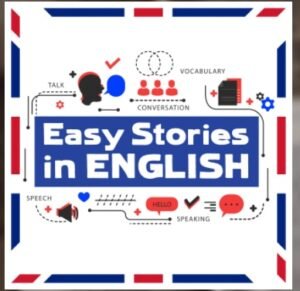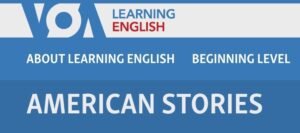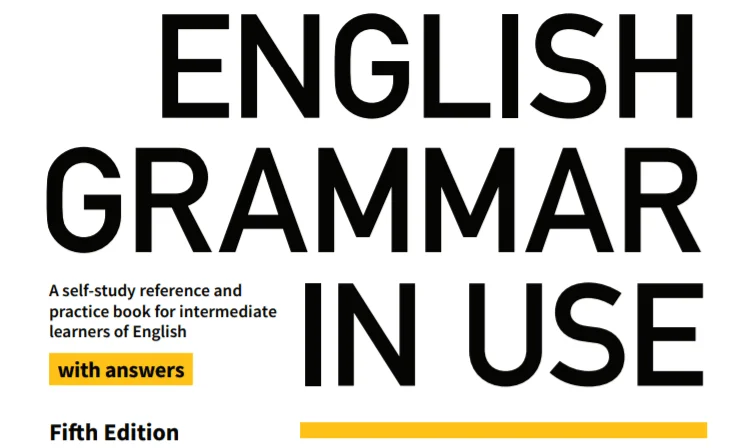To learn English with stories, you have various options and resources available. Here are some effective methods and resources that can help you improve your English skills through stories:

- British Council Story Zone: The British Council offers a section called “Story Zone” on their website, which provides short stories specifically written for English language learners. These stories are categorized into two sections: A2-B1 stories for pre-intermediate and intermediate learners, and B2-C1 stories for upper-intermediate and advanced learners. Each story is accompanied by interactive exercises to enhance your reading fluency, comprehension, and vocabulary skills. You can access this resource at the following link: [1]
- Classic Books for All Skill Levels: Preply, an online learning platform, suggests using classic books to learn English at different skill levels. They provide a list of 15 classic books that can be helpful for learners of varying proficiency levels. The list includes books such as “The Very Hungry Caterpillar” by Eric Carle, “Diary of a Wimpy Kid” by Jeff Kinney, “The Little Prince” by Antoine de Saint-Exupéry, and “Harry Potter and the Philosopher’s Stone” by J.K. Rowling, among others. These books cater to different reading abilities and can provide an enjoyable way to improve your language skills. You can find the full list and more details at the following link: [2]
- LearnEnglish Kids Short Stories: If you’re looking for stories suitable for children aged 6-17, the British Council also provides a section called “LearnEnglish Kids” on their website. This section offers a variety of short stories designed specifically for children learning English. The stories are engaging and can help children develop their English language skills while enjoying the narratives. You can explore the collection of short stories by visiting the following link: [3]
By utilizing these resources, you can enhance your English language skills, improve your reading fluency, expand your vocabulary, and gain a better understanding of grammar and sentence structures. Remember to choose stories that match your current proficiency level to ensure an appropriate learning experience. Happy reading and learning!
A story is a constructive source of entertainment both for children and adults.
Stories on youtube channels:
- Colour Pages
- English Conversation
- English Learning
- English Listening Daily Practice
- English Stories: Level 1
- English Stories Collection
- EnOn – English Online
- EnOn – English Online: Level 1
- Learn English Through Stories
- Luella Bibby Graded Readers
The Stranger – Norman Whitney PDF
The Blue Diamond – Sherlock Holmes PDF
Bram Stoker – Dracula PDF
Herman Melville – Moby Dick PDF
Short Stories of Oscar Wilde PDF
ENJOY LISTENING TO THESE STORIES
share knowledge from other experiences through these following stories . This will help you develop the ability to understand spoken language extend vocabulary and improve the language skills. This will enable you to interact in spoken communication. Tell me a fact and I’ll learn . Tell me the truth and I’ll believe .But tell me a story and it will live in my heart forever “An Indian Proverb”
https://youtu.be/bOsE3ln-skghttps://youtu.be/W9ZqQ52S9h0
Listen to these stories to learn english
https://youtu.be/1Iv-Ttr_Xm8https://youtu.be/kqF-mCqbTIQhttps://youtu.be/kNw49VtretQhttps://youtu.be/mEQZRZZOhjEhttps://youtu.be/5gKRBW54OUEhttps://youtu.be/tceH2J4NHKIhttps://youtu.be/wAXoI3unHeEhttps://youtu.be/WaIcHh2UUwchttps://youtu.be/ANZ0P4Edfd8https://youtu.be/QwCxW7Nx4Echttps://youtu.be/T18NCobS43c
Listen to other stories here on
Storyline Online is available 24 hours a day for children, parents, and educators worldwide. For each book, supplemental curriculum developed by a literacy specialist is provided, aiming to strengthen comprehension and verbal and written skills for English-language learners worldwide.







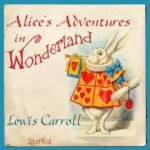
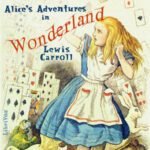
https://youtu.be/b8BJZo0Bmeghttps://youtu.be/843BwBC_nxUhttps://youtu.be/gTNdnUuBn8Mhttps://youtu.be/60oGWJ27yHAhttps://youtu.be/vS9HDKeMrJ0https://youtu.be/6FN86rIbTfIhttps://youtu.be/PAQ-LE9oij8https://youtu.be/toOlTZWCaREhttps://youtu.be/Sz7nK2A11TE
English Grammar Through Stories
Learning grammar is easy if you know how! Read these amusing short stories and you will see just what I mean. Your grammar skills will improve almost by themselves!
Enough English Grammar
The book is designed to give learners of English a basic grammar foundation. This book takes a practical approach. It does not focus on rules and definitions. Instead, it studies how words work and what they do in sentences. As the learner moves through the book, he or she will gain an understanding of the basic principles of the English language.
English Grammar In Use
This book is for students who want help with English grammar. It is written for you to use without a teacher.
The book will be useful for you if you are not sure of the answer to questions like these:
☞What is the difference between ‘I did’ and ‘I have done’?
☞When do we use will for the future?
☞What is the structure after ‘I wish’?
☞When do we say ‘used to do’ and when do we say ‘used to doing’?
☞When do we use ‘the’?
☞What is difference between ‘like’ and ‘as’?
These and many other points of English grammar are explained in the book, and there are exercises on each point.
Using stories is an effective and enjoyable way to learn English. Here are some tips on how to best utilize stories for English learning:

- Choose appropriate stories: Select stories that are suitable for your English proficiency level. There are stories available for all skill levels, from beginners to advanced learners. For beginners, children’s books like “The Very Hungry Caterpillar” by Eric Carle or “Diary of a Wimpy Kid” by Jeff Kinney can be a good starting point. Intermediate learners can try books like “Harry Potter and the Philosopher’s Stone” by J.K. Rowling or “The Hunger Games” by Suzanne Collins. Make sure the story matches your interests and language goals.
- Understand the structure and vocabulary: Reading stories helps you grasp the structure of the English language. Pay attention to how sentences are constructed and how words are used in context. This will give you a better understanding of grammar and vocabulary. You can also improve your pronunciation by reading aloud and practicing the sounds of English words.
- Read with a purpose: Before starting a story, set specific goals for your reading. Do you want to learn new words, improve reading comprehension, or experience a favorite story in its original language? Having a clear objective will help you focus and make the most of your reading experience.
- Take your time: Read at your own pace and avoid rushing through the story. Reading slowly allows you to understand the text more effectively and notice new vocabulary words. Don’t guess the meaning of unknown words based solely on context; instead, look them up in a dictionary or online to expand your vocabulary and ensure comprehension.
- Interact with the story: Engage with the story actively by highlighting important points, taking notes, or summarizing what you’ve read. Summarizing the story after finishing it helps reinforce what you’ve learned and enhances your writing skills.
- Use online resources: If you prefer learning English online, there are various resources available. You can listen to audio stories on YouTube channels or explore websites that offer free, bite-sized stories. Platforms like BBC Learning English provide engaging content for language learners.
Remember, the key is to enjoy the process of learning through stories. When you find stories that captivate your interest, you are more likely to stay motivated and absorb the language naturally. Happy reading!
If you’re looking for top stories to learn English, here are a few recommendations:

- Story Zone by the British Council: The British Council offers a “Story Zone” section on their website where you can find short stories specially written for English language learners. They have stories for both lower level learners (A2/B1) and higher levels (B2/C1). These stories are designed to improve your reading fluency, comprehension, and vocabulary. Each story also includes interactive exercises to help you understand and use the language. You can access the stories on the British Council’s website [1].
- Learn English Through Story: 15 Classic Books for All Skill Levels: Preply, an online learning platform, has compiled a list of 15 classic books suitable for learners at different skill levels. The list includes books like “The Very Hungry Caterpillar” by Eric Carle, “Harry Potter and the Philosopher’s Stone” by J.K. Rowling, and “Hills Like White Elephants” by Ernest Hemingway. These books cover a wide range of genres and provide an opportunity to improve your English reading skills while enjoying engaging stories. You can find the full list and more information on the Preply blog [2].
- 34 English Short Stories with Big Ideas for Thoughtful English Learners: FluentU English Blog has curated a collection of 34 English short stories that not only improve your English reading but also introduce you to big ideas and different worlds. The list includes classics like “The Tortoise and the Hare” by Aesop, “The Little Prince” by Antoine de Saint-Exupéry, and “The Monkey’s Paw” by W.W. Jacobs. These stories are designed to expand your understanding of the English language and spark thoughtful discussions. You can find the full list on the FluentU English Blog [3].
These resources offer a variety of stories at different levels and genres, providing you with ample opportunities to enhance your English language skills through engaging and meaningful narratives. Happy reading!


